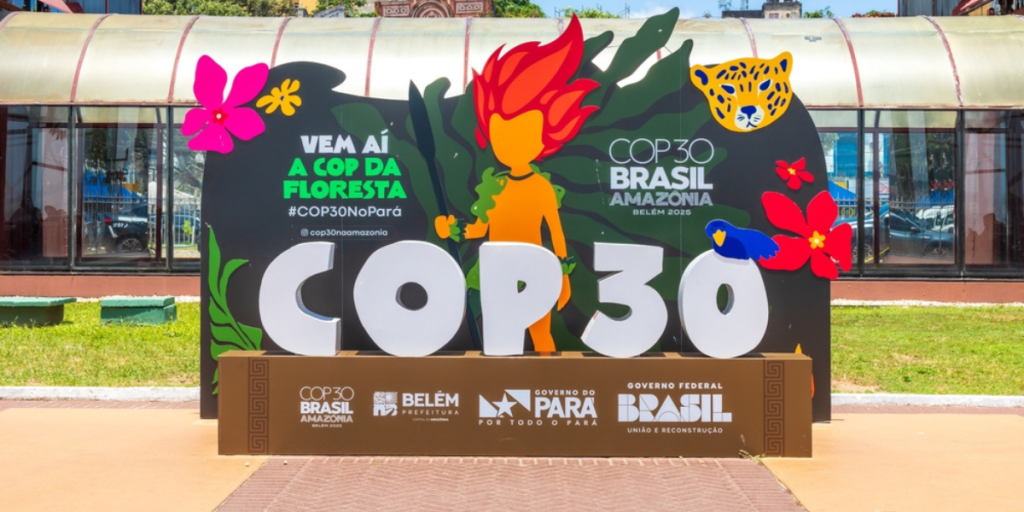A sudden fire at the COP30 venue in Brazil forced thousands of delegates to evacuate on Thursday, interrupting already-fragile negotiations with less than 24 hours remaining to reach a global climate agreement.
Others are reading now
Negotiators at the COP30 climate summit in Belem entered the final stretch on Thursday still struggling to agree on how the world should move away from fossil fuels and how much money wealthy countries should mobilize for climate finance — two issues that have defined the sharpest disagreements of the two-week meeting.
Much of the tension at this year’s summit revolves around how directly the final agreement should address the future of oil, gas and coal.
According to Reuters, dozens of nations — spanning both industrialized and developing economies — have rallied behind Brazil’s push for a clear pathway outlining how the world should transition away from fossil fuels.
Several major producers, however, continue to resist explicit language, reviving the same disputes that almost derailed the 2023 COP28 summit.
That gathering eventually endorsed a transition but left unanswered the questions of how fast and by what mechanisms such a shift should occur.
Also read
UN Secretary-General António Guterres urged negotiators on Thursday to find common ground, saying,“I am perfectly convinced that a compromise is possible,” Reuters reports.
Adaptation finance reworked
A second major divide concerns how to scale up support for countries facing intensifying climate impacts.
Reuters reported that some wealthier governments are hesitant to sign off on any new financial guarantees — a position that has drawn frustration from nations already experiencing devastating storms, droughts and rising seas.
Many developing countries remain skeptical of past finance promises, including the $300 billion pledge made at COP29 in Baku, a commitment now viewed with added suspicion as the United States steps back from international climate cooperation under President Donald Trump.
For vulnerable states, the stakes are existential.
Also read
“Our people are losing their lives and livelihoods from storms of unprecedented strength,” said Steven Victor, Palau’s minister for agriculture, fisheries and the environment.
Draft text stirs concerns
Brazil, which holds the COP30 presidency, circulated a portion of a draft agreement to selected governments on Thursday, Reuters reported.
The document proposes tripling adaptation finance by 2030, compared with 2025 levels, but does not define how the additional resources would be mobilized — whether through public budgets, multilateral development banks or private investment.
Nor does the draft contain any language mapping out a fossil-fuel transition, an omission that immediately drew criticism from negotiators who expected stronger direction.
Some delegations said they had been reviewing the text just before the venue was cleared. Others told Reuters they had not yet seen the draft — a common dynamic in COP summits, where host countries often negotiate with small clusters of states before presenting a final deal.
Also read
Fire adds logistical setback — not the root of the delays
The day’s earlier progress was interrupted when smoke began spreading through an exhibition pavilion, prompting security to evacuate thousands of delegates.
Although Reuters reported that local fire authorities believe the blaze was likely caused by a piece of electrical equipment, possibly a microwave, it was extinguished within minutes. Thirteen people were treated for smoke inhalation.
But the underlying problems — fractured positions on fossil fuels and deep distrust over climate funding — predate the fire and continue to define the summit’s final hours.
Sources: Reuters


